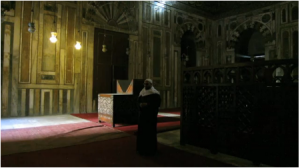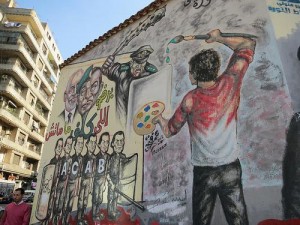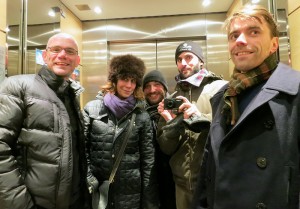 I came to Sweden with a very simple and what may seem to be a very harmless goal – to spend time with 2 of my best friends. Even though I may have other projects to spent my time worrying about, the previous project to keep on re-evaluating, and daily activities back home on which to focus my energy. Somehow it seemed only natural to put it all aside and come spend 4 days in a city I know little about and help support a friend speaking at a Swedish media event.
I came to Sweden with a very simple and what may seem to be a very harmless goal – to spend time with 2 of my best friends. Even though I may have other projects to spent my time worrying about, the previous project to keep on re-evaluating, and daily activities back home on which to focus my energy. Somehow it seemed only natural to put it all aside and come spend 4 days in a city I know little about and help support a friend speaking at a Swedish media event.
Here at the end of my journey I now see this journey as having had a much higher purpose. Through a series of coincidences and good conversations this became a trip that both inspired and educated me through the experiences of old and new friends. You can’t help but learn something when for several nights in a row you sit down for dinner and drinks with critical, creative, and experienced minds.
As I sat at dinner tonight polishing off some special Swedish dish, I couldn’t help but smile at the conversation going around from person to person at this table. It was better than most university classes I’ve ever experienced and just as exciting as any podcast discussion I’ve ever listened to with great interest. As we looked at the world of successes, failures, possibilities, and ideas, I realized I didn’t just come to Gothenburg to hang around. I came to this place to meet up with this group of friends and colleagues, to help organize my thoughts in order to be ready for my next challenges.
Thank you friends. And thanks Gothenburg.

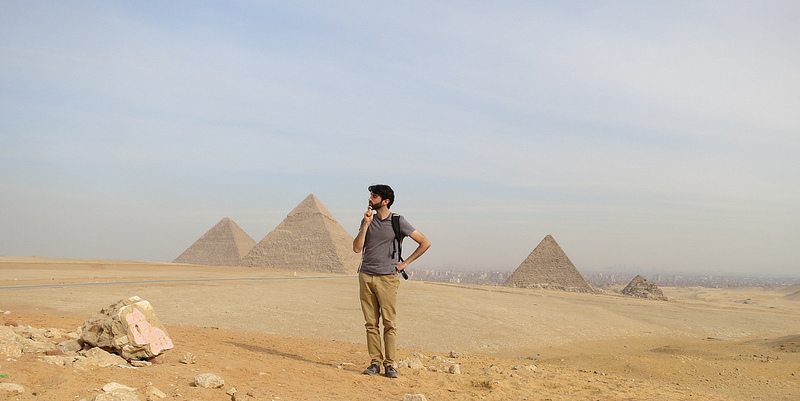
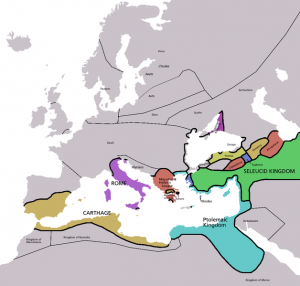
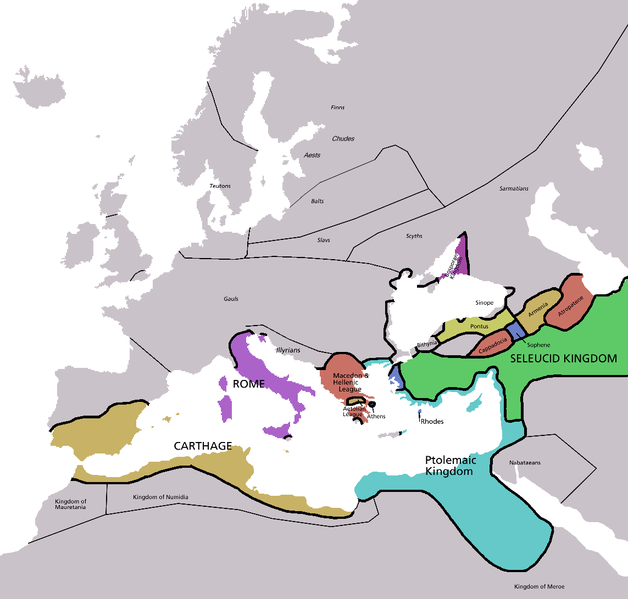
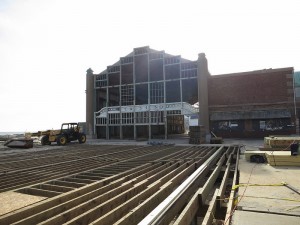
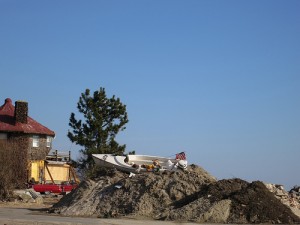 In the final and perhaps odd chapter of the middle east- north Africa journey, I ventured home to the state of my birth, to see my family, friends, and continue editing audio from the trip. Naturally, being back in that part of the world only a few months since the massive storm turned many lives upside down, I went with my family to visit the Jersey shore and see what is happening in many of the communities there.
In the final and perhaps odd chapter of the middle east- north Africa journey, I ventured home to the state of my birth, to see my family, friends, and continue editing audio from the trip. Naturally, being back in that part of the world only a few months since the massive storm turned many lives upside down, I went with my family to visit the Jersey shore and see what is happening in many of the communities there.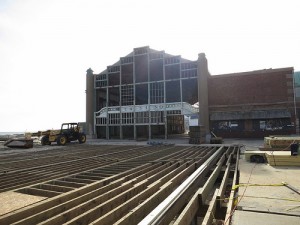 Many along the route look eager to rebuild. Like the construction vehicles pushing sand, they’re counting on being ready for the all-important summer months, when the weather is beautiful, life feels relaxing and the tourist dollars flow. Future hurricanes? Unlikely, their actions seem to say. Several residents assure me that such storms only come around every few decades so its certainly worth rebuilding and getting back to life as usual .
Many along the route look eager to rebuild. Like the construction vehicles pushing sand, they’re counting on being ready for the all-important summer months, when the weather is beautiful, life feels relaxing and the tourist dollars flow. Future hurricanes? Unlikely, their actions seem to say. Several residents assure me that such storms only come around every few decades so its certainly worth rebuilding and getting back to life as usual .